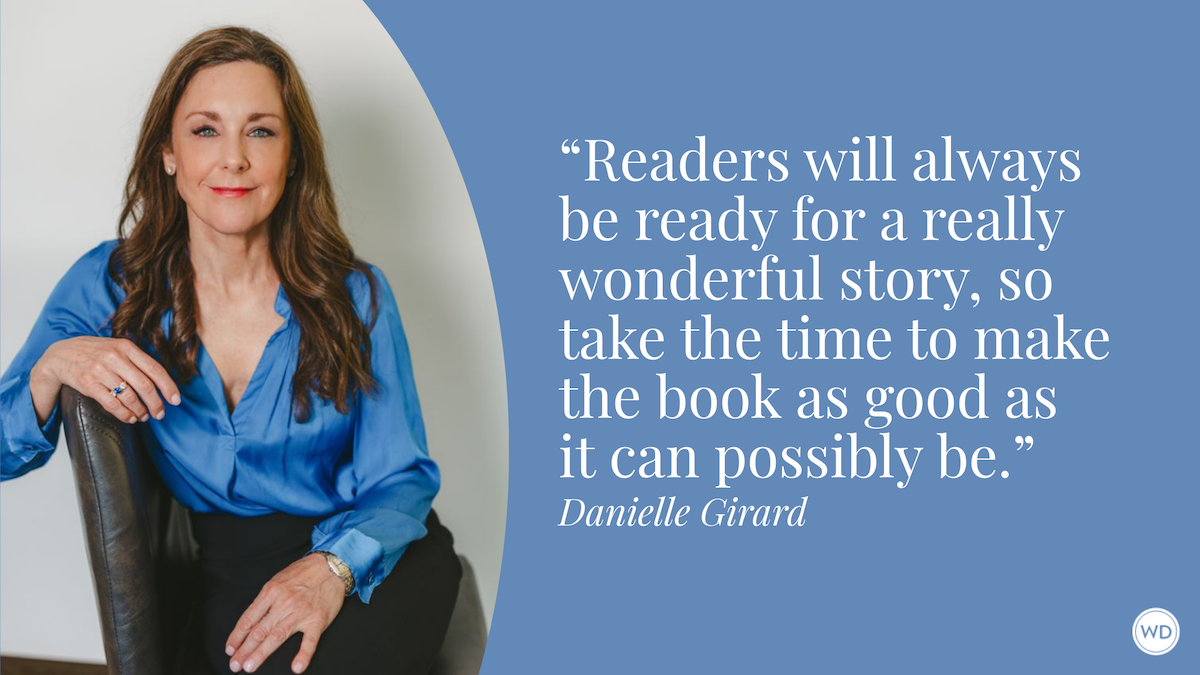Writing Mistakes Writers Make: Thinking You Know It All
The Writer’s Digest team has witnessed many writing mistakes over the years, so this series helps identify them for other writers (along with correction strategies). This week’s mistake is thinking you know it all.
Everyone makes mistakes—even writers—but that's OK because each mistake is a great learning opportunity. The Writer's Digest team has witnessed many mistakes over the years, so we started this series to help identify them early in the process. Note: The mistakes in this series aren't focused on grammar rules, though we offer help in that area as well.
Rather, we're looking at bigger picture mistakes and mishaps, including the error of using too much exposition, hiding your pitch, or chasing trends. This week's writing mistake writers make is thinking you know it all.
Writing Mistakes Writers Make: Thinking You Know It All
This week's writing mistakes post was inspired by two recent moments. The first was when several people congratulated me on my work anniversary on LinkedIn (started my Writer's Digest journey as an unpaid intern back in January 2000). After more than two decades in the business, some may think I'd be bored or know everything, but neither is true: I still feel like I'm just getting started and learning new things all the time.
The second moment reinforced the first when a super established author I know reached out to let me know they really enjoyed Jane Friedman's recent webinar on how to get a book published. And this person has published more books than years I've been with WD.
The point is that we've both been working at our craft for a long time, but neither of us thinks our learning is over. In fact, I think that's probably why both of us continue to grow and evolve along with this publishing and media landscape that is constantly evolving. It's probably why we don't grow bored with what we do or get stuck in a rut.
Mistake Fix: Continue Learning and Asking Questions
The simple solution to this writing mistake is to always continue learning and evolving. Don't let yourself feel like you "know it all," because it's very unlikely that you do. And hitting that "know it all" phase is very likely one step removed from stale writing and publishing. Because there's no room for improvement, right?
I definitely know so much more about writing and publishing than I did back in January 2000 when I arrived at F&W Publishing looking to earn some school credit toward my professional writing certification. And the author I mentioned earlier is a certified expert in their field. But there's always room for improvement and refinement and refocusing on the fundamentals.
So if you feel like you still have so much to learn, that's an incredible thing. It's good that you feel that way. Fully embrace it and use that feeling to propel your writing and writing career to new heights.
If you feel like you know it all, take a step back and ask why you feel this way. Then, give yourself the assignment of learning something new or relearning something you think you already know. Because earnestly going through that process will show you that there is still room for growth, and your writing and writing career will benefit from it.
*****
Finding a literary agent and getting your book traditionally published can be a challenge and take time away from writing. There's plenty of research involved and often extensive time spent creating and submitting queries. It can be a lot! This PDF, created by the Editors of Writer's Digest, aims to help take some of the guesswork out of it.







